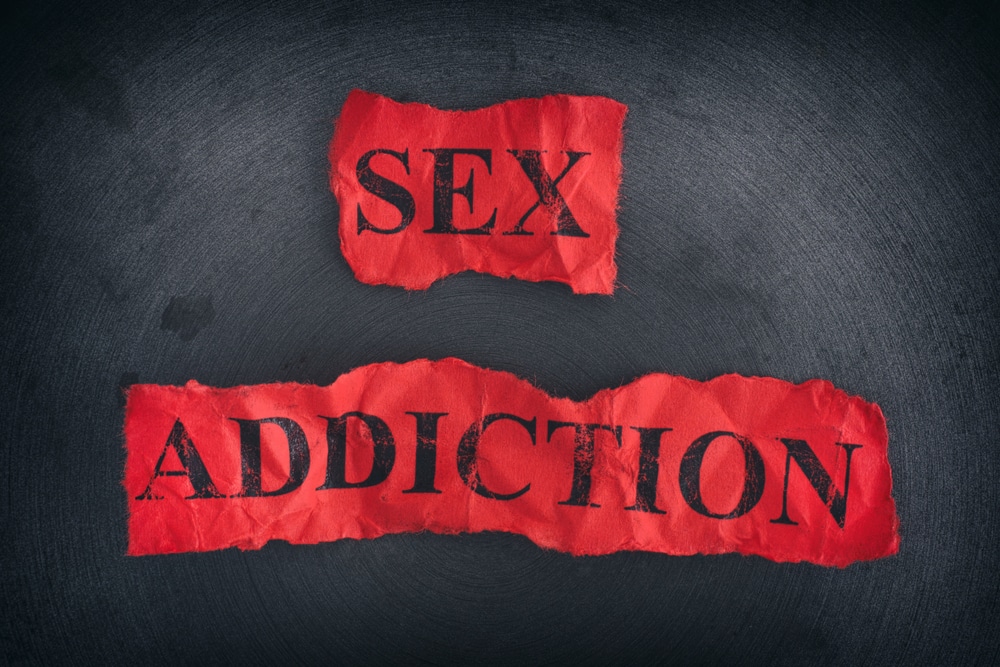
You’ll often hear conversations during any form of addiction recovery about getting to the root causes of the addiction that fuel its worst tendencies, and the more official term here in professional circles is “core beliefs.” Many people’s core beliefs are a key source of negativity or self-harm that play a major role in the presence or persistence of addiction, and those who deal with sexual and pornography addiction are no exception.
At Desert Solace, we offer caring sexual and pornography addiction programs in several formats, including residential treatment, counseling for individuals and couples, and much more. We assist patients in a true assessment of their core beliefs and how these may be impacting their addiction, plus with how to go about the process of understanding and changing these beliefs. What exactly are core beliefs, how do they impact us subconsciously, and what can be done to alter them over time? Here’s a look at this important subject.
What Are Core Beliefs?
First and foremost, it’s helpful to understand that we all have a set of core beliefs, though they may be different from one person to the next. They are often described as being at the heart of our character, and they make up what we believe about ourselves, others, and the world around us on a deep level. Our core beliefs guide our actions and reactions in life – for better or for worse.
These beliefs are often formed in childhood and adolescence, and they can be shaped by any number of things, from our family life and friends to our religious background or education. In some cases, they may have even been instilled in us by society at large. No matter their source, our core beliefs tend to stick with us throughout our lives and can be very difficult to change.
How Core Beliefs Impact Our Sexuality & Relationships
For anyone struggling with addiction, core beliefs can often be a major source of negative self-talk or self-sabotage. For example, someone who believes they are unworthy of love or intimacy might find it difficult to break out of patterns of promiscuity or infidelity. Likewise, someone who believes sex is dirty or sinful might have a difficult time enjoying healthy and fulfilling sexual relationships.
These beliefs can also fuel feelings of shame, guilt, and inadequacy – all of which can make it very difficult to seek out help for an addiction. In some cases, they may even lead to dangerous behaviors like self-harm or suicide.
Beliefs Becoming Identity
One of the most harmful things about core beliefs is that they can often become a part of our identity. We may come to see ourselves as dirty or sinful, or we may believe that we are destined to be alone. This can make it very difficult to imagine a different way of life, and it can be easy to give up hope of ever changing.
For instance, someone who has been addicted to pornography for many years may believe that they are a “porn addict” and that this is simply who they are. This belief can become so ingrained that it feels impossible to break free from it, leading to feelings of helplessness and despair.
Luckily, core beliefs can be changed – though this is a process that often takes commitment and some time. Our next few sections will go over some of the key tenets of such approaches.
Noticing the Harmful Cycle
The first step in changing core beliefs is to become aware of them. This means taking some time to reflect on how they might be impacting your life in negative ways. Once you have a better understanding of how your beliefs are holding you back, you can begin to take steps to change them.
For example, let’s say you believe that you are destined to be alone. This might lead you to act in ways that push people away or make it difficult to form close relationships. As a result, you might find yourself feeling lonely and isolated, which only reinforces your core belief.
In order to change this belief, you need to become aware of how it is causing harm in your life and begin to consciously challenge it. This might mean making an effort to be more open and vulnerable with others, even if it feels difficult at first.
Challenging Your Beliefs
Once you have identified a harmful core belief, the next step is to begin challenging it. This means looking for evidence that contradicts your belief and using this to question its validity.
For example, if you believe that you are unworthy of love, think about times in your life when you have been loved or appreciated. What did these people see in you that led them to care about you?
It can also be helpful to look at the evidence for your belief and see if it really holds up. For instance, if you believe that sex is dirty or sinful, what is the evidence for this? Where did you learn this belief? Is it really true?
Changing Your Beliefs
The final step in the process is to change your beliefs. This means consciously choosing to adopt new, more positive beliefs about yourself and your life.
For instance, if you have been struggling with pornography addiction, you might choose to believe that you are worthy of love and intimacy. This new belief can then lead you to take steps to improve your relationships and build a more fulfilling life.
It is important to remember that core beliefs are not set in stone – they can be changed. If you are struggling with harmful beliefs, there are steps you can take to change them. With commitment and effort, it is possible to create a more positive and fulfilling life.
For more on this, or to learn about any of our treatment programs for sex addiction, porn addiction or related issues, speak to our caring staff at Desert Solace today.